White glasses frames, piano and a unique voice
I don’t want to sound clear and nice!
– says Cécile McLorin Salvant, three-time winner of the Grammy award, who is about to come to the Müpa on 18th November. Originally a classical singer, she discovered jazz as the genre where she can let her “hoarse and deep” voice fly.
Cécile McLorin Salvant was born in Miami. She has Haitian and Tunisian roots on her father’s side, and French, Guadalupe-ian and American on her mother’s. Thank to her mother, she was surrounded by music from a very young age.

I was four when my mother first put me in front of the piano. I’m lucky to have grown up in a house where music never stopped. We listened to Haiti music, R&B, hip-hop, reggae, soul, classical music, jazz, fado, French chanson, all kinds of folk and miscellaneous music from Argentina, Paraguay, Cuba, just to name a few. It led me to look at music with a real curiosity, regardless of language, genre and time
–she highlighted in an interview for Jazztimes.
She always loved singing but didn’t consider becoming a jazz singer; more like a teacher of literature or history, writer, visual artist, actress or opera singer. She has learned piano since the age of five and went in a direction of baroque and classical music. With 18, she moved to France to learn law, political sciences and classical music in the Darius Milhaud Conservatoire. One day, she took part in a jazz class of jazz saxophonist Jean-François Bonnel, his future teacher, and suddenly found the genre she could be successful in. After a few years of hesitation whether she wants to be a professional musician, she indeed became one in 2010.
That was the right decision, as she won the Thelonious Monk Jazz Competition with 21 years. She is 30 this year, and all of her four albums were nominated for the Grammy award, three of them even winning it. A reviewer of New York Times called her the keeper of Ella Fitzgerald’s, Billie Holiday’s és Sarah Vaughan’s legacy.
My first role model in singing was Sarah Vaughan. Her voice was so magical, multisided and virtuosic! I was in love with her voice even before starting to listen to jazz actively
– Cécile remembers in one of her previous interviews.
It’s not only her voice that makes her unique in the jazz scene but also her appearance. She has white-framed glasses, big earrings, colourful clothes and a one-centimetre-short hairstyle. She is also a visual artist – while going on tours, she likes to kill time with drawings, which are collected on her Instagram site to please fans. In music, she notoriously avoids rules. Sometimes she consciously sings outside the rhythm, and she likes to mix genres: on her latest album, one can find covers of Richard Rodgers, Stevie Wonder and Steven Sondheim songs, an American folk ballad addressing social problems, and an R&B piece with feminist lyrics.
Her first time in Budapest was in 2016 in the Festival Theatre, not long after winning her first Grammy. Three years later, she is coming back to the Béla Bartók National Concert Hall as part of a duo with New Orleans pianist Sullivan Fortner. They keep playing together and even critics acknowledged their harmony in sound, but Cécile can still surprise her partner:
She is still a mystery for me. At some shows, I’m still surprised about how much she is capable of with her voice, and what she is doing on stage. But that’s exactly why I love to work with her!
Article: Anikó Magócsi
Translation: Zsófia Hacsek

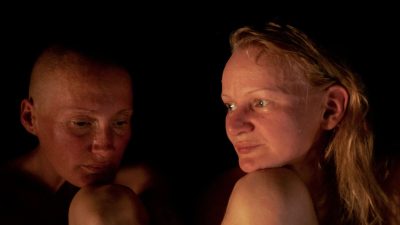
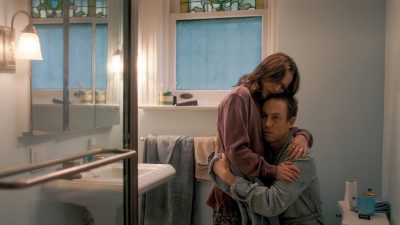
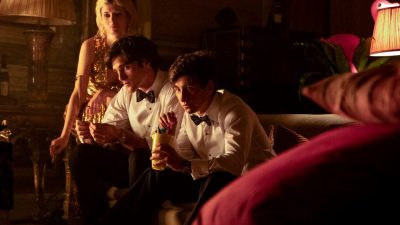
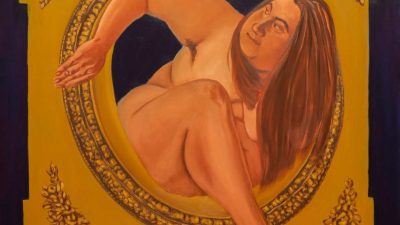
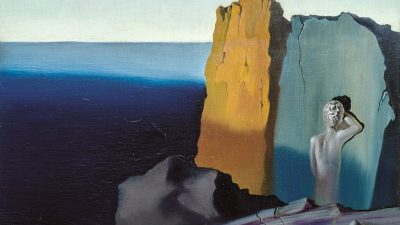



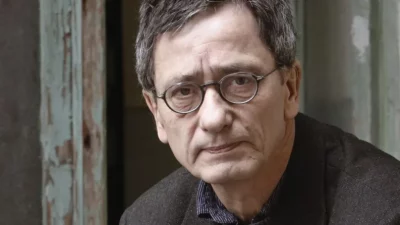




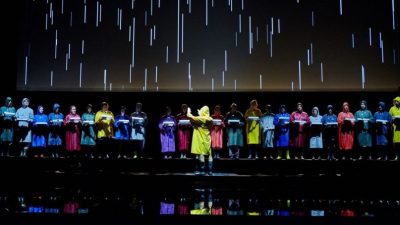


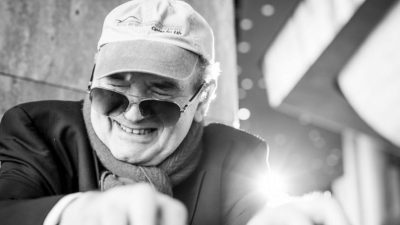


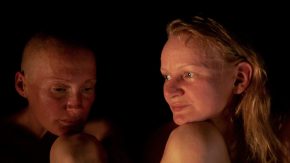

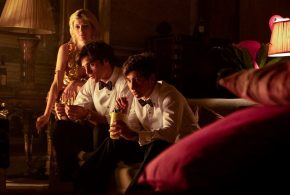



Comments